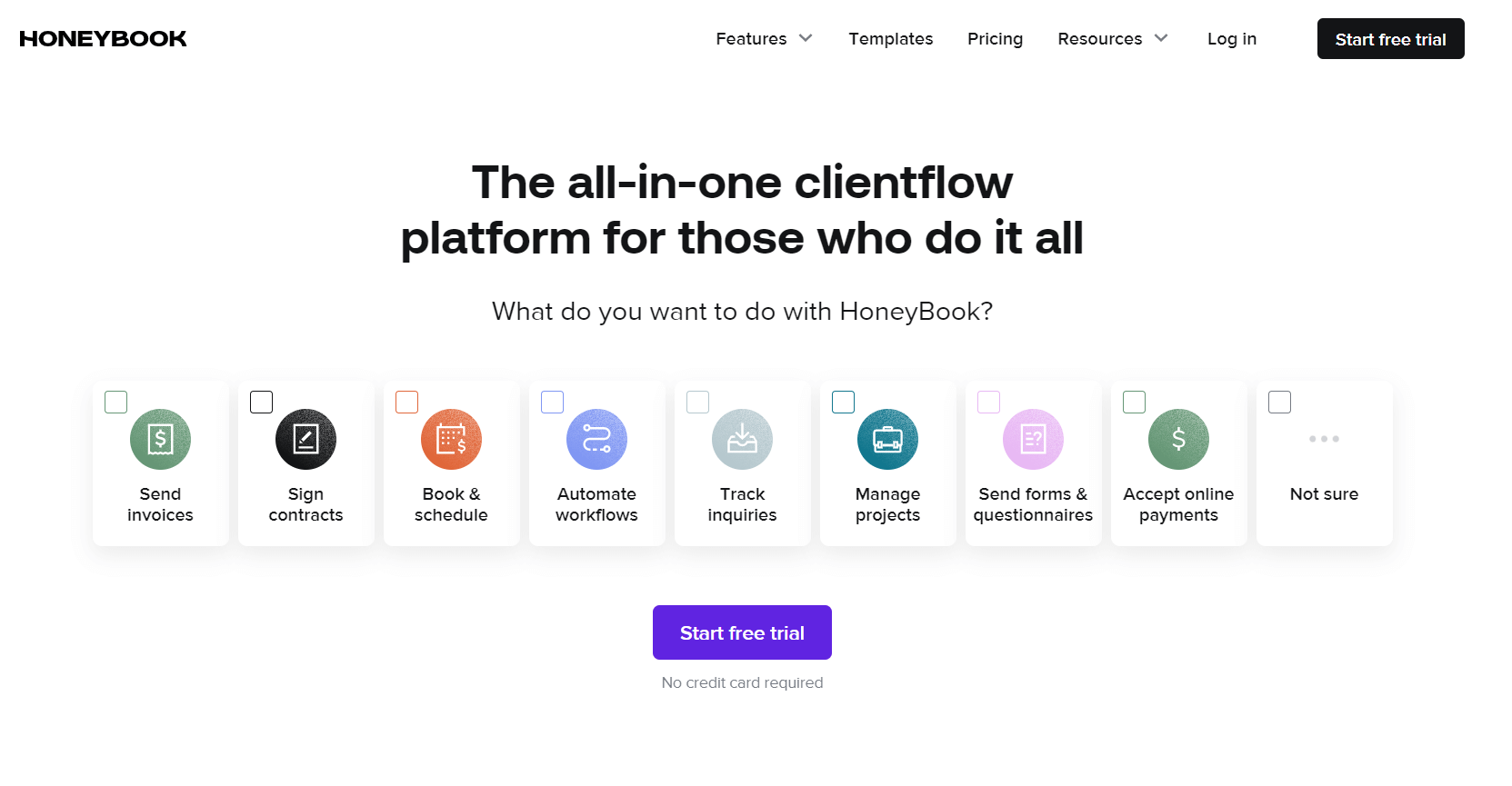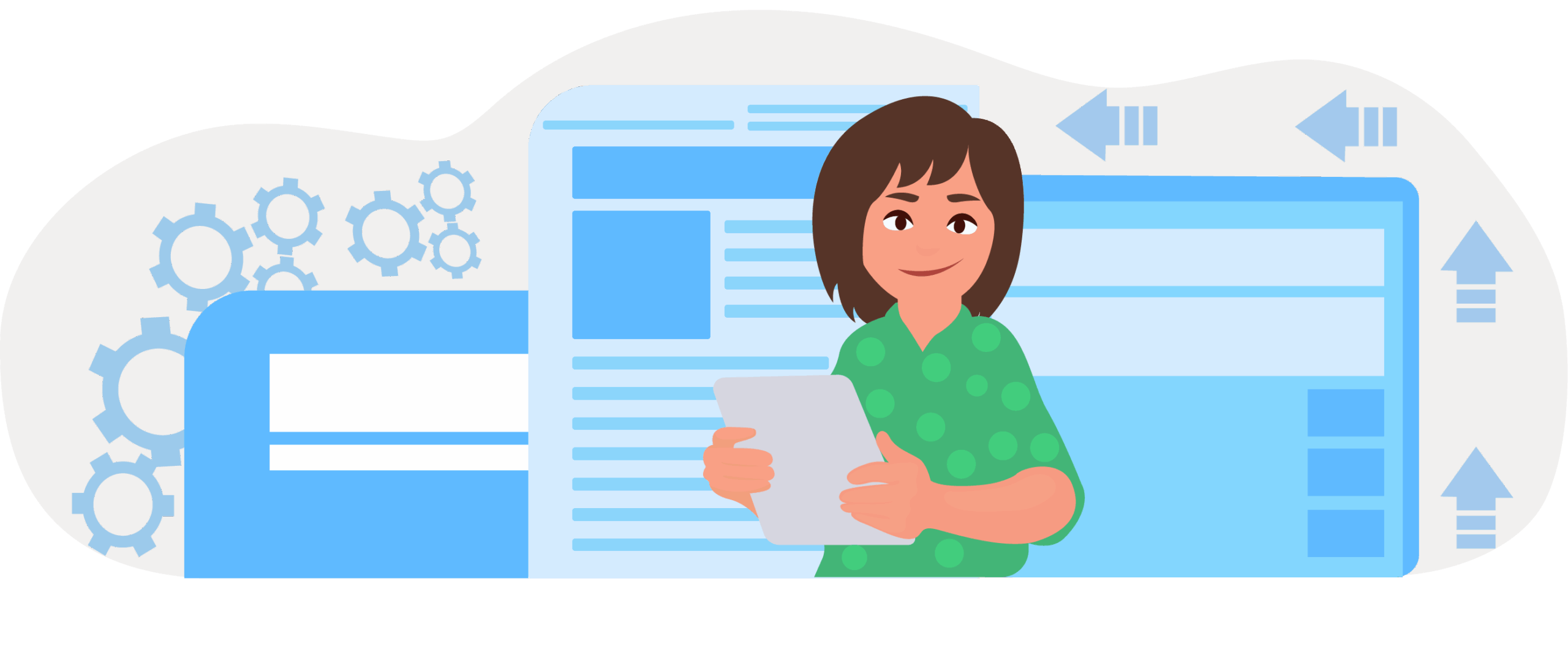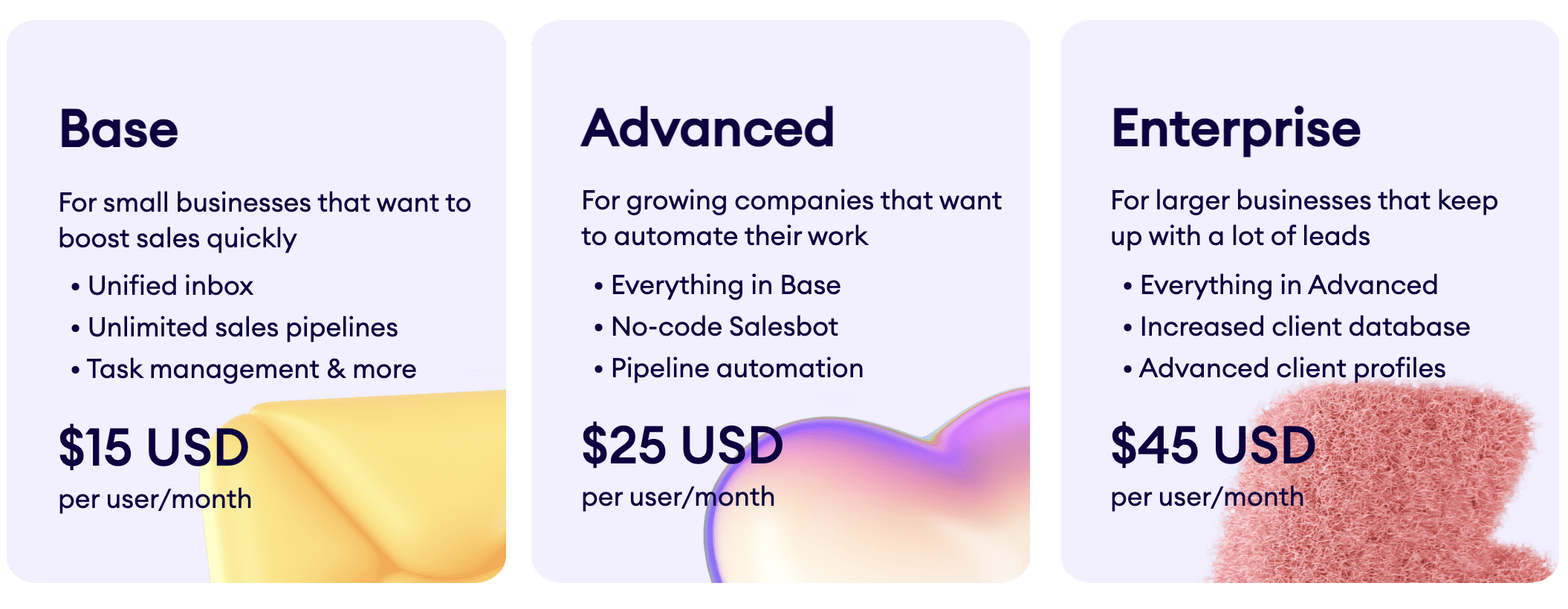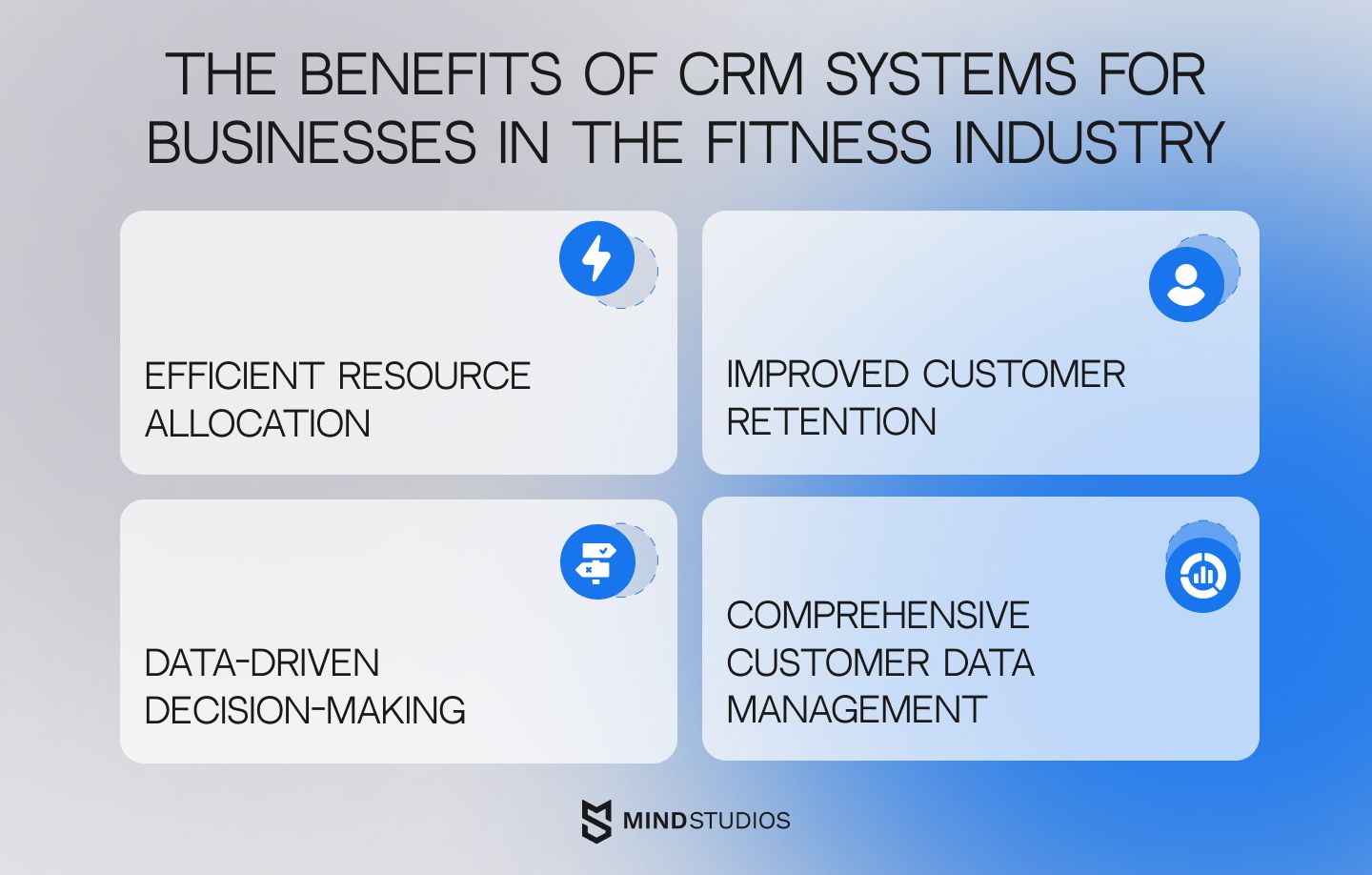Small Business CRM for Beginners: Your Complete Guide to Customer Relationship Management
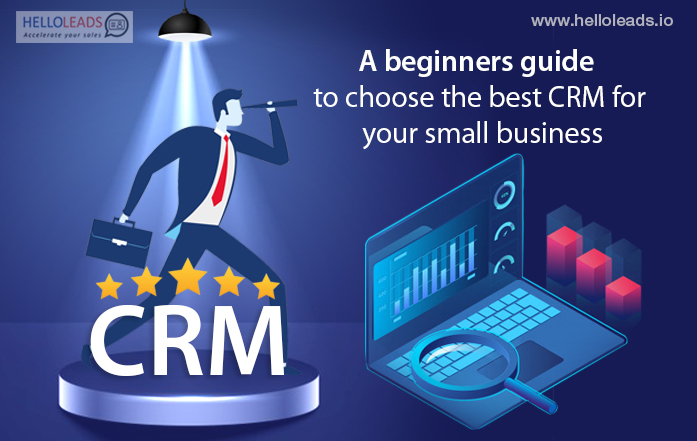
Small Business CRM for Beginners: Your Complete Guide to Customer Relationship Management
Starting a small business is an exciting adventure. You’re brimming with ideas, passion, and the drive to make your mark. But as your business grows, so does the complexity of managing it. One of the biggest challenges is keeping track of your customers. That’s where a Customer Relationship Management (CRM) system comes in. But for beginners, the world of CRMs can seem daunting. This guide is designed to demystify CRM, especially for small business owners just starting out. We’ll break down what a CRM is, why you need one, and how to choose the right CRM for your specific needs. Get ready to transform your customer relationships and boost your business!
What is a CRM? Decoding the Acronym
Let’s start with the basics. CRM stands for Customer Relationship Management. At its core, a CRM is a system that helps businesses manage their interactions with current and potential customers. Think of it as a central hub for all your customer-related information. This information can include contact details, communication history, sales interactions, and much more. The goal of a CRM is to improve customer relationships, increase sales, and streamline business processes.
Imagine trying to juggle all this information manually. You’d be relying on spreadsheets, email chains, sticky notes, and a whole lot of memory. It’s a recipe for chaos! A CRM system organizes all this data in one place, making it easy to access, track, and analyze. This centralized approach is what truly sets a CRM apart.
Key Features of a CRM System:
- Contact Management: Store and organize customer contact information, including names, phone numbers, email addresses, and social media profiles.
- Interaction Tracking: Log all interactions with customers, such as emails, phone calls, meetings, and support tickets.
- Sales Automation: Automate sales processes, such as lead generation, opportunity management, and sales pipeline tracking.
- Marketing Automation: Automate marketing tasks, such as email campaigns, social media posting, and lead nurturing.
- Reporting and Analytics: Generate reports and analyze data to gain insights into customer behavior, sales performance, and marketing effectiveness.
Why Does Your Small Business Need a CRM? The Benefits Explained
You might be thinking, “Do I really need a CRM? I’m just starting out.” The answer is a resounding yes! Even if you have a small customer base, a CRM can provide significant benefits. Here’s why:
- Improved Customer Relationships: A CRM helps you understand your customers better. By tracking their interactions and preferences, you can personalize your communication and provide better service. This leads to increased customer satisfaction and loyalty.
- Increased Sales: CRM systems help you identify and nurture leads, track sales opportunities, and close deals more efficiently. By automating sales processes and providing sales teams with the information they need, you can boost your sales performance.
- Enhanced Efficiency: Automate tasks, streamline workflows, and eliminate manual data entry. This frees up your time to focus on more important activities, such as growing your business.
- Better Data Management: Centralize all your customer data in one place, making it easy to access, update, and analyze. This eliminates the risk of data silos and ensures everyone in your organization has access to the same information.
- Improved Collaboration: CRM systems facilitate collaboration between different departments, such as sales, marketing, and customer service. This ensures everyone is on the same page and working towards the same goals.
- Data-Driven Decisions: CRM systems provide valuable insights into customer behavior, sales performance, and marketing effectiveness. This data can be used to make informed decisions and optimize your business strategies.
In short, a CRM isn’t just a tool; it’s an investment in your business’s future. It helps you build stronger customer relationships, drive sales growth, and improve overall efficiency.
Choosing the Right CRM for Your Small Business: A Step-by-Step Guide
Now that you understand the benefits of a CRM, the next step is choosing the right one for your small business. This can seem like a daunting task, as there are many CRM systems on the market. However, by following a structured approach, you can find the perfect fit. Here’s a step-by-step guide:
- Assess Your Needs: Before you start looking at CRM systems, take the time to understand your business needs. What are your goals? What are the pain points you’re trying to solve? What features are essential for your business? Consider the following questions:
- What are your key business processes?
- What types of customer interactions do you have?
- What data do you need to track?
- What reports do you need to generate?
- How many users will need access to the CRM?
- Define Your Budget: CRM systems vary in price, from free to thousands of dollars per month. Determine how much you’re willing to spend on a CRM. Consider the initial setup costs, ongoing subscription fees, and any potential add-ons. Free CRM options are a great starting point for many small businesses, but they often have limitations.
- Research CRM Systems: Once you know your needs and budget, start researching different CRM systems. Read reviews, compare features, and explore pricing plans. Some popular CRM systems for small businesses include:
- HubSpot CRM: A popular free CRM with a user-friendly interface and robust features.
- Zoho CRM: A versatile CRM with a wide range of features and affordable pricing.
- Salesforce Sales Cloud: A powerful CRM with advanced features, suitable for growing businesses.
- Pipedrive: A sales-focused CRM that’s easy to use and ideal for small sales teams.
- Freshsales: A CRM with a focus on sales and customer service, offering features like built-in phone and email integration.
- Consider Ease of Use: Choose a CRM that is easy to use and navigate. The simpler the interface, the faster your team will be able to adopt the system. Look for a CRM with a user-friendly dashboard, intuitive navigation, and clear instructions.
- Evaluate Features: Make sure the CRM system has the features you need. This may include contact management, sales automation, marketing automation, reporting and analytics, and integration with other tools.
- Check for Integrations: Consider how well the CRM integrates with other tools you use, such as email marketing platforms, accounting software, and social media channels. Integrations can streamline your workflows and improve efficiency.
- Look for Scalability: Choose a CRM that can grow with your business. As your business expands, you’ll need a CRM that can handle more users, data, and features.
- Read Reviews and Testimonials: Before making a final decision, read reviews and testimonials from other small businesses. This will give you insights into the pros and cons of each CRM system.
- Try a Free Trial or Demo: Most CRM systems offer free trials or demos. Take advantage of these to test the system and see if it’s a good fit for your business.
- Get Training and Support: Ensure the CRM system provides adequate training and support. This will help you and your team get the most out of the system.
Key Features to Look for in a Small Business CRM
While every business is unique, some features are essential for a small business CRM. Here’s a breakdown of the key features you should look for:
- Contact Management: This is the foundation of any CRM. It allows you to store and organize customer contact information, including names, phone numbers, email addresses, and social media profiles. Make sure the CRM allows you to segment your contacts based on different criteria, such as location, industry, or purchase history.
- Interaction Tracking: Track all interactions with customers, such as emails, phone calls, meetings, and support tickets. This helps you understand your customer’s journey and provide personalized service. The CRM should allow you to log interactions manually and automatically.
- Sales Automation: Automate sales processes, such as lead generation, opportunity management, and sales pipeline tracking. This frees up your sales team to focus on closing deals. Look for features like automated email sequences, task reminders, and sales pipeline visualization.
- Marketing Automation: Automate marketing tasks, such as email campaigns, social media posting, and lead nurturing. This helps you generate leads, nurture prospects, and convert them into customers. Look for features like email templates, segmentation, and lead scoring.
- Reporting and Analytics: Generate reports and analyze data to gain insights into customer behavior, sales performance, and marketing effectiveness. This data can be used to make informed decisions and optimize your business strategies. The CRM should provide customizable dashboards and reports.
- Integration with Other Tools: Integrate the CRM with other tools you use, such as email marketing platforms, accounting software, and social media channels. This streamlines your workflows and improves efficiency. Look for integrations with popular tools like Mailchimp, QuickBooks, and Facebook.
- Mobile Accessibility: Access the CRM from your mobile device, so you can stay connected with customers and manage your business on the go. Look for a CRM with a mobile app or a responsive design that works well on mobile devices.
- User-Friendly Interface: Choose a CRM that is easy to use and navigate. The simpler the interface, the faster your team will be able to adopt the system. Look for a user-friendly dashboard, intuitive navigation, and clear instructions.
- Customization Options: Customize the CRM to fit your specific business needs. Look for a CRM that allows you to add custom fields, create custom workflows, and personalize your dashboards.
Top CRM Systems for Small Businesses: A Closer Look
Let’s delve into some of the best CRM systems for small businesses, highlighting their key features and benefits:
HubSpot CRM
HubSpot CRM is a popular choice for small businesses, and for good reason. It offers a free version with a robust set of features, making it an excellent starting point. It’s known for its user-friendly interface, comprehensive features, and seamless integration with other HubSpot tools, like marketing and sales hubs.
Key Features:
- Free forever plan
- Contact management
- Deal tracking
- Task management
- Email integration
- Reporting dashboards
Pros: User-friendly, free plan, excellent for marketing and sales alignment, wide range of integrations.
Cons: Limited features in the free plan, may require paid upgrades for advanced functionalities.
Zoho CRM
Zoho CRM is a versatile CRM system with a wide range of features and affordable pricing plans. It’s a great option for businesses looking for a comprehensive CRM solution without breaking the bank. Zoho CRM offers a wide array of customization options and integrations with other Zoho apps.
Key Features:
- Contact management
- Sales automation
- Marketing automation
- Workflow automation
- Reporting and analytics
- Mobile app
Pros: Affordable pricing, extensive features, highly customizable, integrates with other Zoho apps.
Cons: Can be complex to set up and configure, interface can be overwhelming for beginners.
Salesforce Sales Cloud
Salesforce Sales Cloud is a powerful CRM system with advanced features, suitable for growing businesses. It’s a more complex and expensive solution than some of the other options, but it offers a wealth of features and customization options. Salesforce is a leader in the CRM space, known for its scalability and enterprise-level capabilities.
Key Features:
- Contact management
- Sales automation
- Lead management
- Opportunity management
- Reporting and analytics
- AppExchange (marketplace for integrations)
Pros: Powerful features, highly scalable, extensive customization options, large ecosystem of integrations.
Cons: Expensive, complex to set up and use, may be overkill for small businesses.
Pipedrive
Pipedrive is a sales-focused CRM that’s easy to use and ideal for small sales teams. It’s designed to help sales teams manage their leads, track their sales pipeline, and close deals more efficiently. Pipedrive’s visual pipeline makes it easy to visualize your sales process and track your progress.
Key Features:
- Contact management
- Sales pipeline management
- Deal tracking
- Email integration
- Reporting and analytics
- Mobile app
Pros: Easy to use, sales-focused, visual pipeline, affordable pricing.
Cons: Limited marketing automation features, may not be suitable for businesses with complex needs.
Freshsales
Freshsales is a CRM with a focus on sales and customer service, offering features like built-in phone and email integration. It’s a good option for businesses that want a CRM that can handle both sales and customer service needs. Freshsales provides a user-friendly interface and a range of features to streamline sales and support processes.
Key Features:
- Contact management
- Sales automation
- Built-in phone and email
- Lead scoring
- Reporting and analytics
- Live chat
Pros: User-friendly, built-in phone and email, good for sales and customer service, affordable pricing.
Cons: Limited customization options, may not be suitable for businesses with complex needs.
Implementing Your CRM: A Smooth Transition
Choosing a CRM is just the first step; the implementation process is crucial. Here’s how to ensure a smooth transition:
- Plan Your Implementation: Before you start, create a detailed implementation plan. This should include your goals, timeline, and the steps you need to take to implement the CRM.
- Data Migration: Migrate your existing data into the CRM system. This may involve importing data from spreadsheets, databases, or other systems. Make sure to clean and organize your data before importing it.
- Customize Your CRM: Customize the CRM to fit your specific business needs. This may involve adding custom fields, creating custom workflows, and personalizing your dashboards.
- Train Your Team: Train your team on how to use the CRM system. Provide them with the necessary training materials and support.
- Test the System: Test the CRM system to ensure it’s working properly. Make sure all features are functioning as expected.
- Go Live: Once you’ve tested the system, go live and start using it.
- Provide Ongoing Support: Provide ongoing support to your team. Answer their questions, address their concerns, and provide additional training as needed.
- Monitor and Evaluate: Monitor your CRM usage and evaluate its effectiveness. Make adjustments as needed to optimize your CRM implementation.
Tips for CRM Success: Maximizing Your Investment
Here are some tips to help you get the most out of your CRM investment:
- Get Buy-In from Your Team: Make sure your team understands the benefits of the CRM and is committed to using it.
- Establish Clear Processes: Define clear processes for using the CRM, such as how to enter data, track leads, and manage sales opportunities.
- Keep Your Data Clean and Accurate: Regularly update your data and remove any duplicates or outdated information.
- Use the CRM Consistently: Encourage your team to use the CRM consistently. The more they use it, the more valuable it will become.
- Integrate Your CRM with Other Tools: Integrate your CRM with other tools you use, such as email marketing platforms, accounting software, and social media channels.
- Track Key Metrics: Track key metrics, such as sales leads, conversion rates, and customer satisfaction. Use these metrics to measure the effectiveness of your CRM and make improvements.
- Provide Ongoing Training: Provide ongoing training to your team to ensure they are up-to-date on the latest CRM features and best practices.
- Seek Feedback: Seek feedback from your team on how the CRM is working and make adjustments as needed.
- Stay Up-to-Date: CRM systems are constantly evolving. Stay up-to-date on the latest features and best practices.
Common CRM Mistakes to Avoid
Even with the best intentions, businesses can make mistakes when implementing and using a CRM. Here are some common pitfalls to avoid:
- Choosing the Wrong CRM: Not assessing your needs properly and selecting a CRM that doesn’t fit your business.
- Failing to Get Buy-In: Not getting your team on board, leading to low adoption rates.
- Poor Data Quality: Entering inaccurate or incomplete data, making the CRM unreliable.
- Lack of Training: Not providing adequate training, leading to users not knowing how to use the system effectively.
- Not Customizing the CRM: Failing to tailor the CRM to your specific business processes.
- Not Integrating with Other Tools: Missing out on the benefits of connecting your CRM with other essential business applications.
- Not Analyzing Data: Not using the CRM’s reporting and analytics features to gain insights and make data-driven decisions.
- Ignoring User Feedback: Not listening to your team’s feedback and making necessary adjustments.
- Lack of Ongoing Support: Not providing ongoing support to users.
The Future of CRM for Small Businesses
The world of CRM is constantly evolving, with new features and capabilities emerging all the time. Here’s what you can expect to see in the future:
- Artificial Intelligence (AI): AI-powered features will become more prevalent, such as predictive analytics, automated data entry, and personalized customer interactions.
- Increased Automation: CRM systems will automate more tasks, freeing up your team to focus on more strategic activities.
- Improved Integration: CRM systems will integrate with more tools and platforms, creating a seamless experience for users.
- Greater Personalization: CRM systems will provide more ways to personalize customer interactions, such as targeted marketing campaigns and customized product recommendations.
- Mobile-First Design: CRM systems will increasingly focus on mobile accessibility, allowing users to access the system from anywhere, anytime.
- Focus on Customer Experience: CRM systems will place a greater emphasis on customer experience, helping businesses provide better service and build stronger relationships.
As a small business owner, staying informed about these trends will give you a competitive edge. Adapting to these changes is crucial for maintaining your business’s success.
Conclusion: Embrace the Power of CRM
Implementing a CRM system is a significant step towards building stronger customer relationships, increasing sales, and streamlining business processes. By understanding what a CRM is, choosing the right system for your needs, and implementing it effectively, you can transform your business and achieve your goals. Don’t be intimidated by the complexity; start small, choose a system that fits your needs, and be patient. The rewards of a well-implemented CRM are well worth the effort. Embrace the power of CRM and watch your small business thrive!

